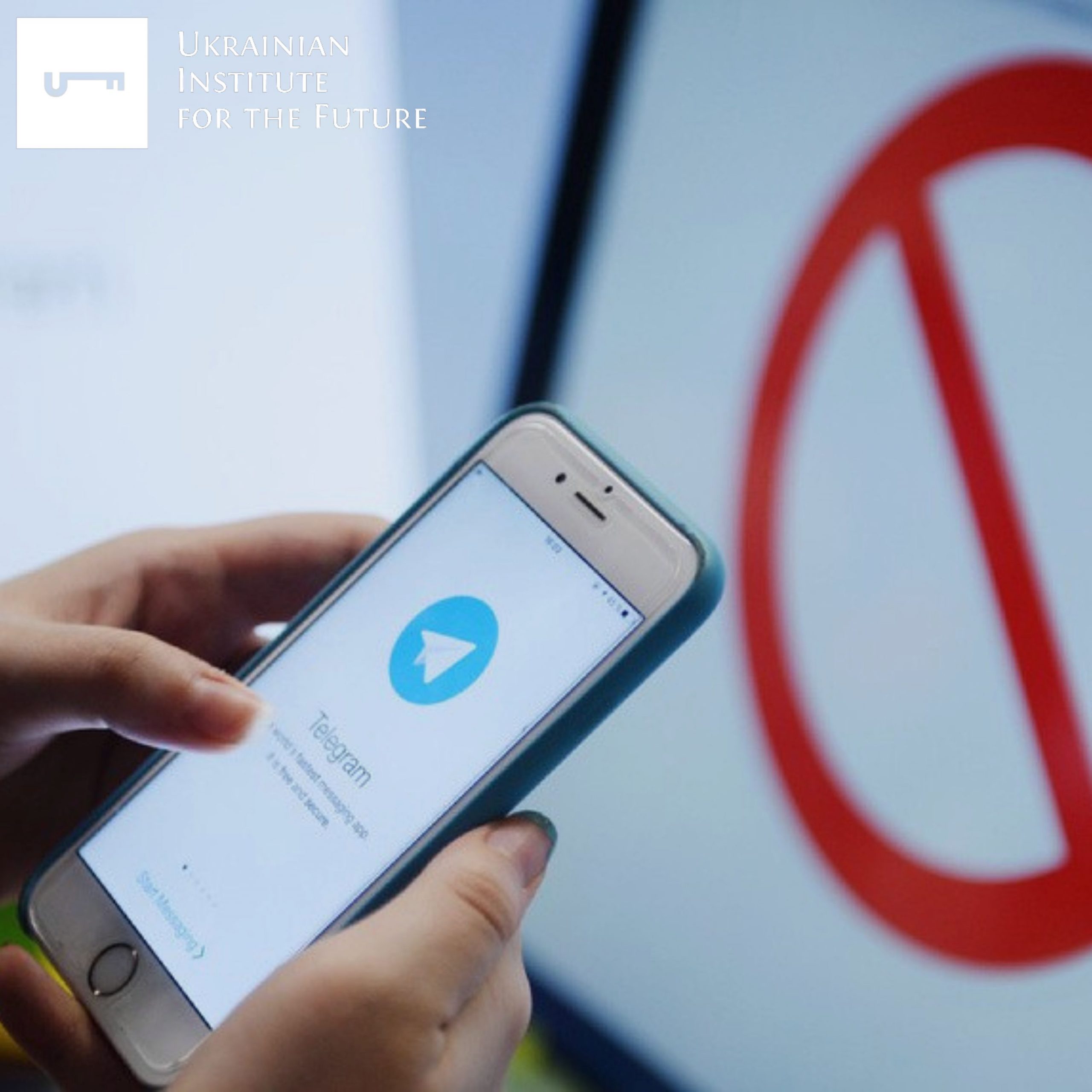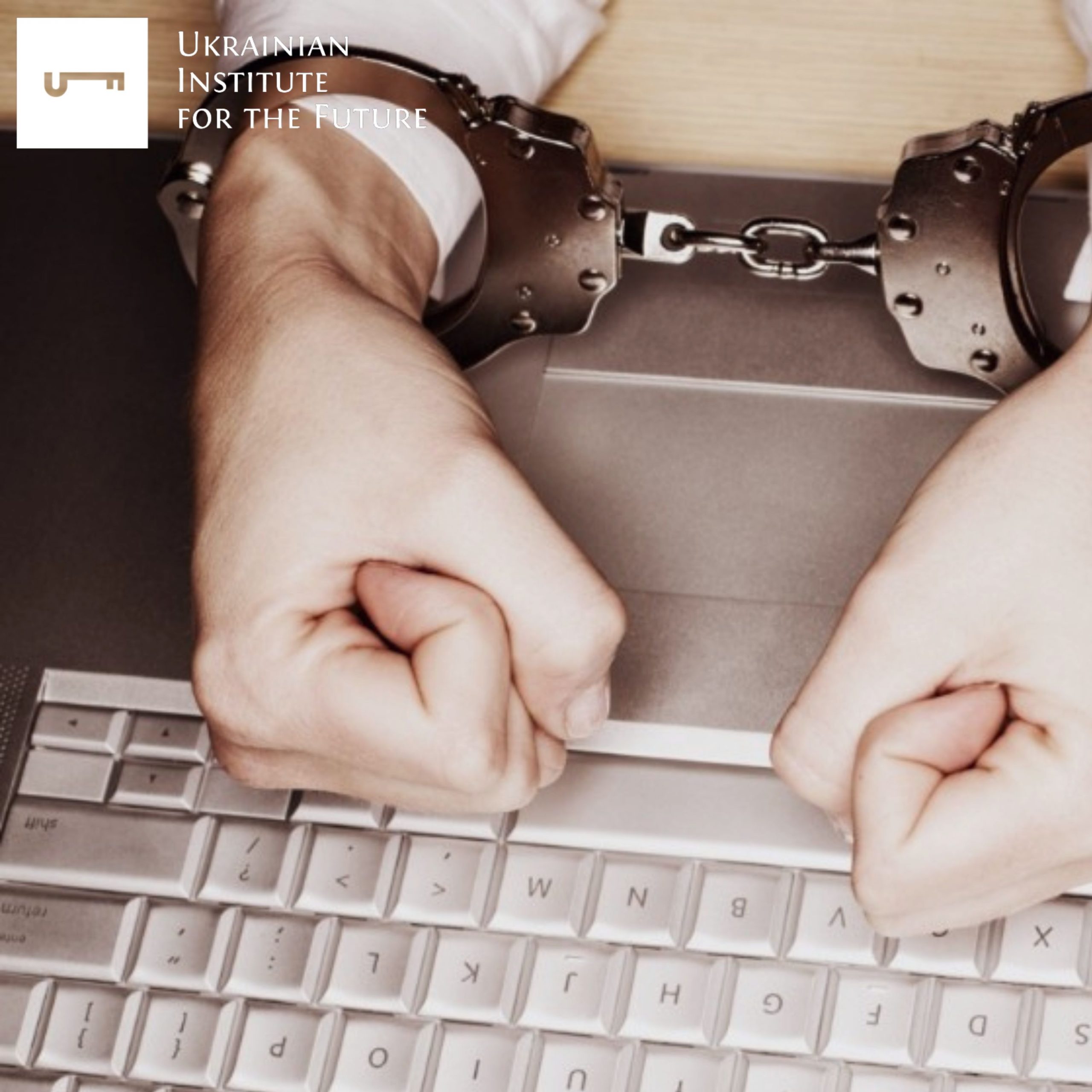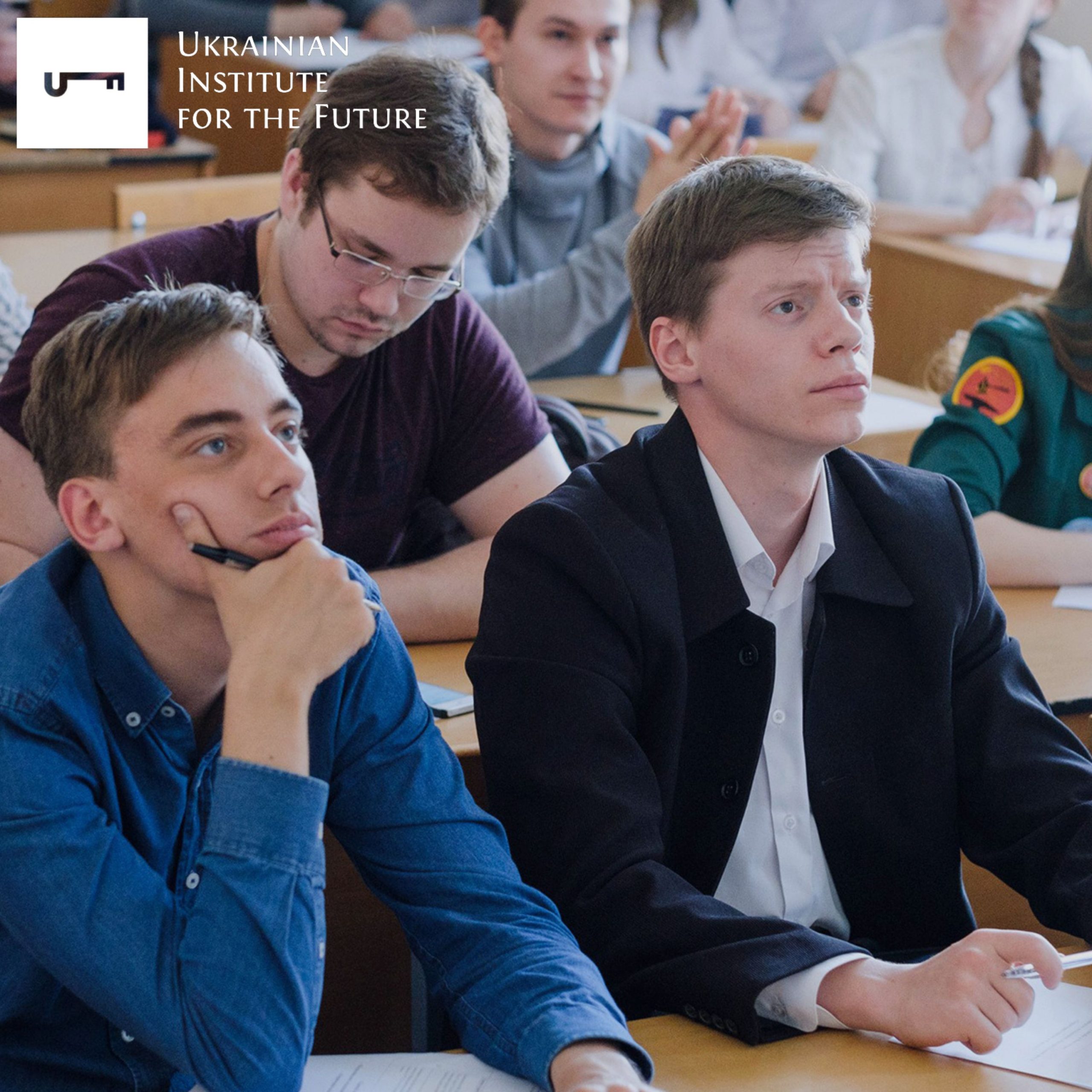Putin has rounded up the editors of the TG channels. Including the so-called “war correspondents”. He is holding a meeting. The question that arises is: why? Another question is: why now?
Let’s find out together.
To begin with, four key facts about the Russian Federation appearing on Telegram:
1. Telegram is the last “Russian” resource outside the Kremlin’s control. More precisely, it is an area where there is no monopolistic “guardian” and no influence on the owners. In Telegram itself, almost all Russian media are represented. But only E. Prigozhin’s Patriot media group has its own clearly defined segment. Its share is measured in double digits. All in all, there are about 20 to 25 “war correspondents” and up to 40 diversified channels. The rest are small. The audience is not unique and overlaps with competitors.
2. The shift in Telegram’s audience is not only taking place in the Russian Federation. Ukraine is also concerned. And Telegram itself is an ideal platform for creating channels to reach “hostile” audiences, with its virtually anonymous channels. All the more so as the aforementioned MG “Patriot” initially had supposedly “national” media outlets in Ukraine, Belarus and Kazakhstan. It is doubtful that in 2022-23 Prigozhin would suddenly order them to stop operating in the countries bordering the Russian Federation.
3. The reaction of the “war correspondents” and the wave of information sent by Telegram during the Russian flight from near Kharkov scared the hell out of the Kremlin. I would like to remind you that at that time there were even preliminary appointments.
4. On the other hand, an extremely soft coverage of the Russian flight from Kherson was possible in cooperation with the owners of key TG resources. It could be argued that the perception in Russian society (unlike in Kharkiv) was that this was “the norm”, “military trickery” or “expediency”. And those who noticed it were the ones who began to focus on what happened. The Russian flight from Kherson went completely unnoticed by the majority.
Let us now consider the appropriateness of doing this. Again, point by point.
1. Tactical tasks. The first phase of the Ukrainian offensive is in progress. This (which is logical, given that the prepared defensive lines are being breached) involves more casualties than defending and a slower pace (compared to the final stages of the operation in Kharkiv and Kherson regions). The Kremlin creates a “victory image” for the summer campaign in the form of the single word “held out” in its messages through the traditional media. It is not for nothing that the same Putin has compared the processes that will take place in Ukraine in 2023 to the “Battle of Kursk”. So, there is a need for the “unanimity” of all the sources of information. In simple terms, there should be colourful stories about Russia’s defensive successes.
2. Tactical objectives for the Ukrainian public. These tasks are closely related to those mentioned in point 1. There is a need for the creation of an image of unsuccessful attacks with huge losses for the Ukrainian consumer. The Ukrainian side itself with the format of “absolute silence” and stingy summary in the morning creates the conditions for citizens to climb on Russian resources and blindly believe those who simply say “Good evening, we are from Ukraine” (although admins can be anywhere).
As a typical example, even a positive report about capturing Blagodatnoye could not be worded correctly, resulting in Ukrinform reporting about Blagodatnoye near Bakhmut. On the third day, there were reports of losses of equipment in a minefield. And in the latter case, no one was wondering “where fellow citizens were in search of information during the previous 72 hours”.
The conditions for a Russian information-psychological operation in the Ukrainian field are therefore quite good. That is, if there is coordination between most of the TV channels (the press is obedient as it is). And this is where the meeting with Putin (as well as the events that preceded and followed it) comes at just the right time.
Now we are moving from the tactical to the 4-5-month time horizon. Here, too, the Kremlin has an agenda of its own.
1. To create a single pool of “war correspondents” controlled by one of the Kremlin towers. At least in promoting key theses. And here it will be extremely important to keep an eye on the photos of the event. Sooner or later they will appear. It will be in these photos that the future curator will appear.
2. To manage Russian public opinion in the event of failure on the front line. In simple terms, Putin needs guarantees of a repeat of the media success of the Kherson case (let’s repeat, for the Kremlin the media coverage of the Kherson escape was a success).
3. To guarantee that the “war correspondents” remain detached from domestic politics in Russia. The existing media balance has to be maintained by Putin. Therefore, the ideal format for Putin seems to be that the “war correspondents” are categorically forbidden to interfere in Russia’s domestic discord until the new party project of the post-war (an analogue of the former Motherland Party) is launched.
4. A private but significant matter. Putin will have to make a decision on what to do with the MG “Patriot” and its TG assets. Leave them to Prigozhin? This may be possible if he is integrated into one of the Kremlin towers. But if that’s not going to happen, having a powerful media resource for a person who doesn’t belong to the key groups looks dangerous. Moreover, on a tactical level, Putin needs Prigozhin to stop the public humiliation of Shoigu and his entourage, at least for a while (the Ukrainian offensive phase).
5. In the future, similar to the “old” media and social networks, the Kremlin will be faced with the question of full control of the TG field.
It was in that context that the first meeting with the “war correspondents” was held. This can also be seen as a signal to the old propagandists, apart from the tasks outlined above. The influence is already comparable, although the TG budget is smaller. This means that sooner or later the effectiveness of Russian TV is going to start getting questioned.




